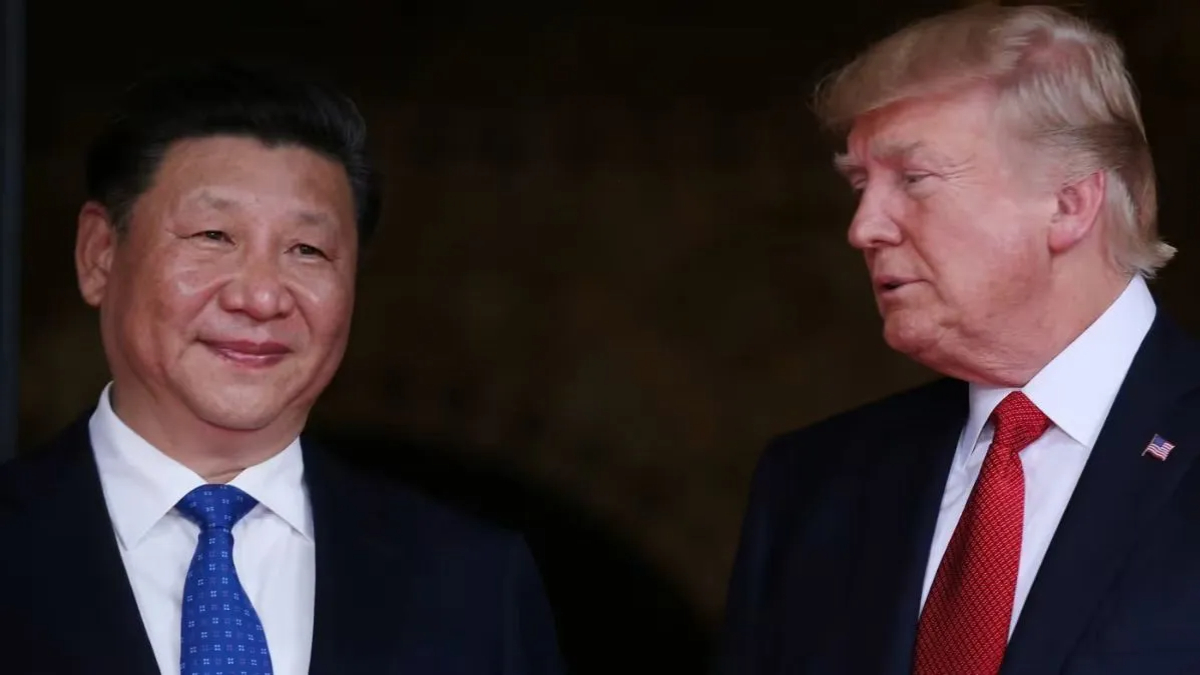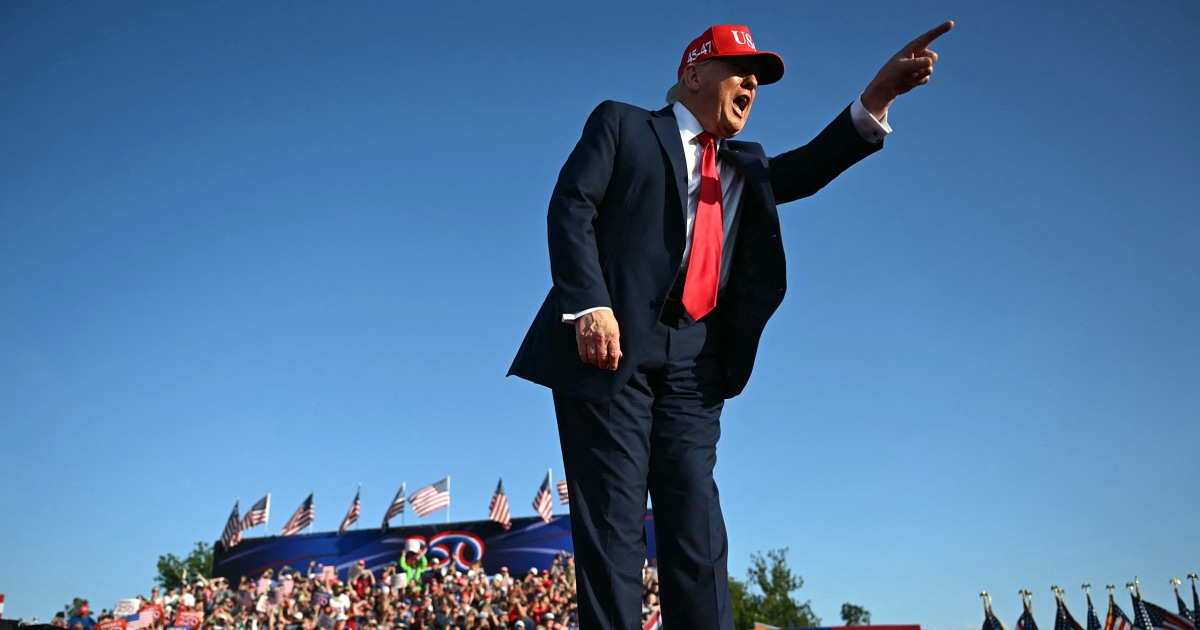Asian stock markets took a nosedive on Monday after Wall Street suffered a meltdown on last Friday, following the hike in tariff rates and announcement of counter-tariffs from Beijing. Tokyo’s Nikkei 225 index fell nearly 8% right after the market opened, and an hour later, it was down 7.1% at 31,375.71. However, the markets don’t seem to worry China, as the country believes it has enough space to lower their borrowing costs and reserve rules for lenders in order to safeguard its economy from Trump’s new tariffs.
The Commerce Ministry in Beijing last week announced that it will impose a 34% tariff on all US goods starting April 10. The announcement came in response to the US implementing a 34% tariff on Chinese imports. There is no doubt that US and China are the two largest economies in the world. But the tariff war did lead to a big question – How does China plan to combat all the tariff mayhem? Let’s find out.
Calling China‘s announcement of 34% import tax on all US products a “rare exception”, a Bloomberg article explained that world’s biggest manufacturer has spent a long time in building and growing its economy which is already war-proofed against any repercussions from its own trade practices.
People’s Daily, the flagship newspaper of China’s Communist Party, said in a front-page article on Monday that China can lower the reserve requirement ratio for banks and cut the central bank’s policy rates at any time. The article also mentioned that there is still room to increase the fiscal deficit, issue special treasury bonds, and take on special debts, the Bloomberg reported.
The official Xinhua News Agency had reported on Saturday that Beijing will continue taking strong actions to protect its sovereignty, security, and other interests. The new US tariffs announced last week will raise taxes on almost all Chinese goods to at least 54%, which could severely impact exports to the US, especially as China’s economy begins to stabilize at the start of 2025.
How does China plan to protect its economy?
The article in the People’s Daily read that China is planning “extraordinary efforts” to give a boost to the domestic consumption. It said that effective policies will be devised to stabilise the market and restore confidence. Government at all levels will take the pains to assist all those industries and small businesses that were severely impacted by the tariffs. The Chinese government will help them with business strategies and guide them, the article said.
The article pointing out the impact of US tariffs, said that the fresh 34% levy, together with the previously imposed US tariffs, “will significantly suppress bilateral trade.” It said that more downward pressure is expected to come on the economy as China’s exports will face repercussions in the short term.
However, the article also suggested that more than China, it could be US that may be hurt more by the trade war as it “relies heavily” on China for a wide range of consumer goods as well as intermediate products. The article also said that it is impossible for US-China trade to be completely eliminated.
The article further added that China and US have been in a trade war for 8 years and that they have gathered significant experience in such a fight.
Trump’s 34% tariff on China – A wise decision?
The majority of goods that US imports from China include things like smartphones, furniture, clothing and gaming consoles etc., things that the US consumer can easily find in Wallmart or a shopping mall. Now, if there is a tariff on these commonly found items, the American consumer is going to take notice and it is not going to be a very good move for the US.
China, on the other hand, relies on US imports for LNG and crude oil, silicon chips and chip-making machines, aircraft jets and plastics, the Bloomberg report said. These are the things that are not easily available for the ordinary man.
The only real exception is cars. Given the weak position of the US car brands like Buick, Chevrolet, and Ford in China, it might almost be a relief if their markets in China disappeared entirely, the Bloomberg report said.


